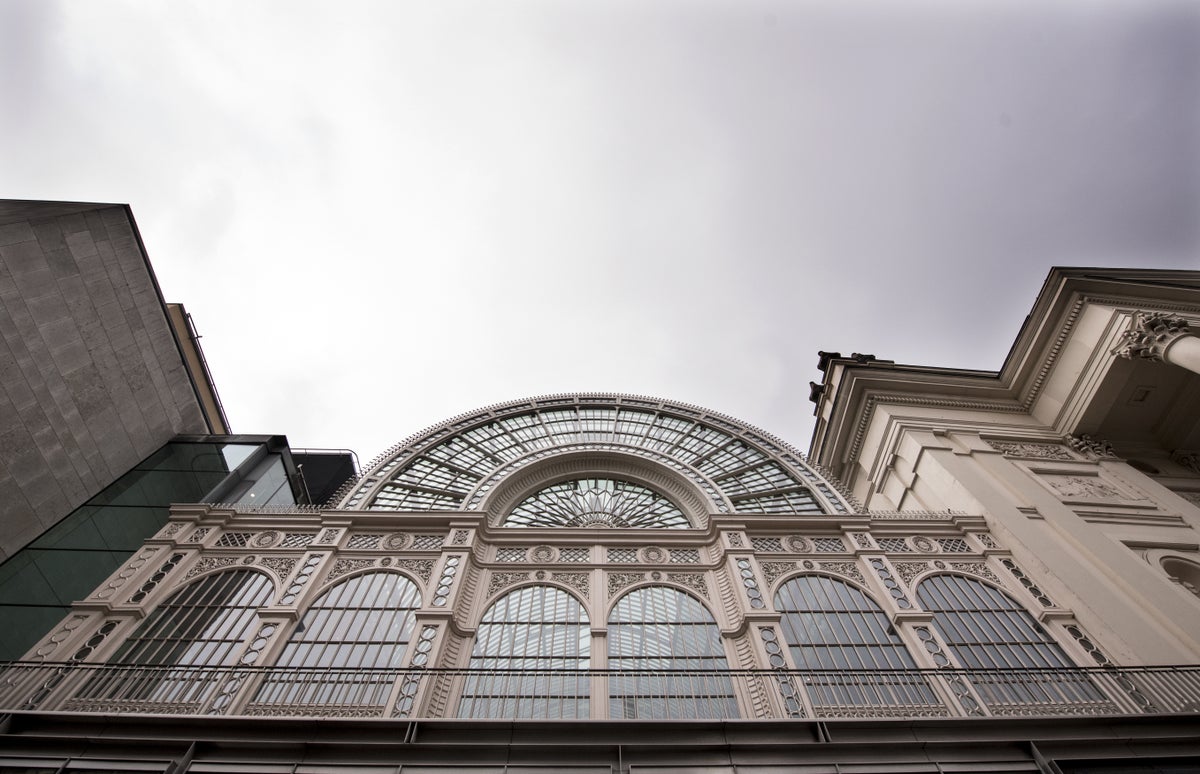
An MP has questioned whether Arts Council England (Ace) can be “taken seriously” in terms of levelling up when it spends so much on the Royal Opera House in London compared with regional institutions.
Digital, Culture, Media and Sport Committee chairman Julian Knight said members of the cross-party group had visited the venue in Covent Garden and found it to be “like the Starship Enterprise”.
He added: “I have never seen such largesse and luxury, in fact, in a cultural venue.
“It’s almost like it is another world compared to the experiences many on this committee will have with their local theatres and their local institutions and libraries.”
During the session on levelling up, the Conservative MP asked Ace chief executive Darren Henley why the organisation had subsided the opera venue “to a tune of £96 million over four years and you spent £83 million on 54 priority places across the country?”
Mr Henley replied: “Putting on opera is expensive. I would say the Royal Opera House employs something like 800 full-time employees in the cultural sector in London, with another much the same again in terms of freelancers. So I think there is something important there.
“For us I think it is important that opera as an artform is supported but (we) also very much want to make sure we are supporting all the other artforms as well.
“The music sector as well – we are putting more and more money into live music venues, for example, and that is something that has been a growth area for us. But you are right. It is a large amount of money.”
Stressing a move towards regional investment, he added: “One of the things we are doing in this next investment round for the National Portfolio Organisations is that we will be moving £16 million out of London in each of the first two years – and then a further £8 million on top of that in the third year of this funding round.”
Mr Knight asked Mr Henley whether he thought it was “entirely incongruous” that such amounts went to “this highly privileged institution” while the Government sought to level up elsewhere.
Mr Henley replied: “There will always be a mix.”
He added: “We need a capital city that punches on the world stage but levelling up is about increasing everywhere else.”
Mr Henley also told the committee that Ace intends to “robustly” make the case for its continued existence during the Government’s review of arm’s length bodies.
We believe that we can work with people on the ground as a national organisation with a local footprint— Darren Henley, Arts Council England
According to Government efficiency minister Jacob Rees-Mogg, the Public Bodies Review Programme will look at “whether (bodies) should continue to deliver all of their functions”.
Culture Secretary Nadine Dorries previously told the DCMS Committee that the abolition of Ace is “absolutely not” on her agenda.
Asked about her statement, Mr Henley said: “We will make the best possible case for Arts Council England. I would say that, wouldn’t I? You would expect me to say that. But we believe that absolutely having an expert and experienced set of people, nine offices around the country, 75% of our staff are based outside London so we are a properly devolved organisation already.
“We believe that we can work with people on the ground as a national organisation with a local footprint that allows that to happen. We will robustly make that case as part of that review.”







